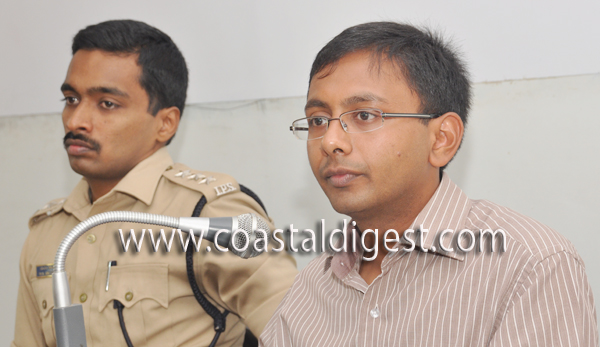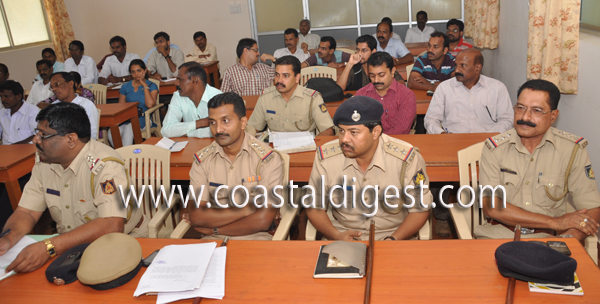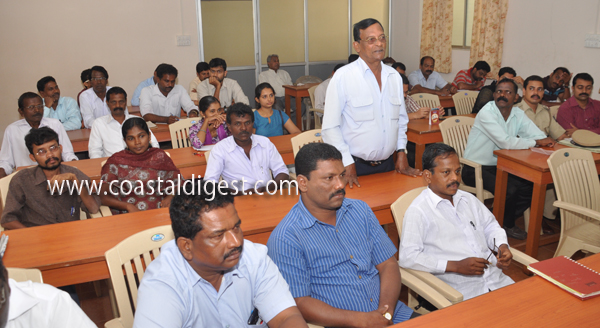
Mangalore, November 4: The issue of ban on the practice of 'Made Snana' was raised again at the monthly SC/ST grievance meeting held at SP's office in Mangalore on Sunday.
Shekhar from Belthangady, an SC/ST leader and a CPI activist, raised the issue of ban on 'Made Snana' practice in temples and urged the police department to communicate with the government in this regard.
“There is just one month left and the practice would surface again at Kukke Subramanya temple. We want to remind the government that it should be banned”, he said.
In response, Abhishek Goyal, SP, Dakshina Kannada district, said that the police department itself is not aware of the government's stand on the issue and a letter would be written to the government authorities seeking clarification as to what the government has to say about the ban. The police would take its future course of action accordingly, Mr. Goyal said.
Mahesh, another SC/ST representative spoke about the problem of atrocities on women and eve teasing in rural areas and the need to increase police patrolling there especially after many rape and murder cases have come to light in Dharmasthala region and around.
Mr. Goyal said in response that although he is aware of eve-teasing complaints from rural areas, it is not possible for police to carry out 100% patrolling in rural areas. “These are places where houses are at distant places and in isolated areas. We cannot reach every house because we lack adequate manpower at the moment. 33% of positions are vacant in DK police still. But eve teasing is something which would be carried out by locals and not outsiders. If information is given to us as to who the culprits are, we can take action. Girls or their families themselves must come forward and complain. If they feel it is embarrassing, the educational institutions where they are studying can take initiative and report on their behalf besides strengthening internal discipline”, he said.
Pre-poned meet
The meeting was preponed to 9:30 am instead of the normal 11:00 am schedule time. This created confusion among a few Dalit leaders and a delegation arrived at the venue after the meet was over, complaining of no communication from the police authorities.
Vishwanath, a Dalit leader said that he had come all the way from Bantwal. “They should have sent information to police stations at least if they could not inform us. I came prepared to express our problems here but I see the meeting is over. We keep all our work aside and come here. They should have communicated properly”, he said.
Sadashiva of Farangipete also said that he had to spend his time, money and energy in vain to travel all the way to Mangalore.
The Dalit leaders requested the ASPAnuchet if it is possible to hold the meet again but were told it is not possible, Mr. Vishwanath said.









Comments
Add new comment